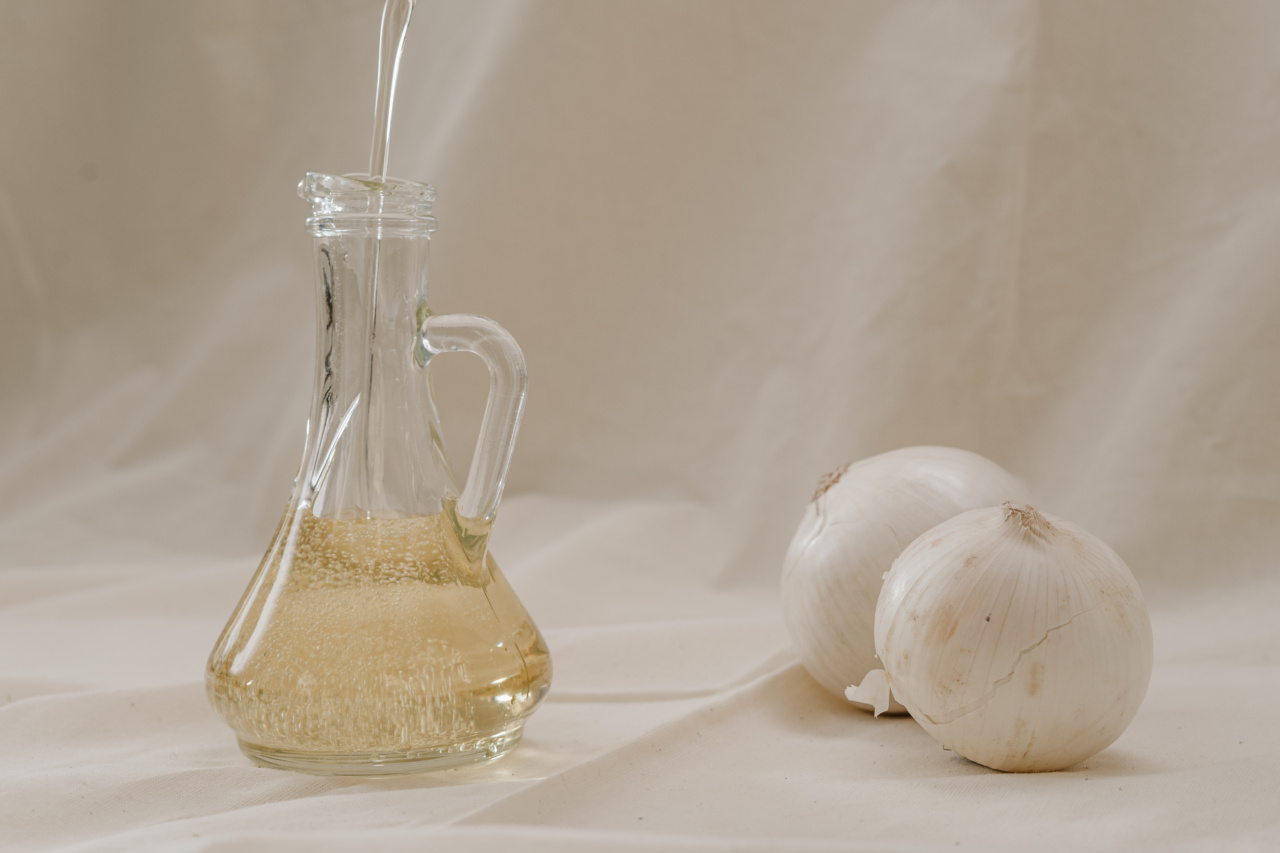Vegetable oils and saturated fats have long been a topic of discussion for their impact on cholesterol levels and mortality rates.
While some believe that vegetable oils are healthier alternatives to saturated fats, others argue that both have negative effects on our health. In this article, we will delve into the research and evidence surrounding the impact of vegetable oils and saturated fats on cholesterol levels and mortality rates.
What are Vegetable Oils?
Vegetable oils are derived from various plants and are primarily composed of unsaturated fats. These oils are commonly used for cooking, baking, and as salad dressings.
Popular forms of vegetable oils include olive oil, canola oil, soybean oil, and sunflower oil. Vegetable oils are known for their high content of polyunsaturated fatty acids (PUFAs) and monounsaturated fatty acids (MUFAs).
Understanding Saturated Fats
Saturated fats, on the other hand, are mainly found in animal products such as red meat, butter, dairy products, and some tropical oils like coconut oil and palm oil. Unlike vegetable oils, saturated fats are solid at room temperature.
Consumption of saturated fats has been associated with increased levels of LDL (low-density lipoprotein) cholesterol, which is often referred to as “bad” cholesterol. High levels of LDL cholesterol are believed to contribute to the development of heart disease.
Impact on Cholesterol Levels
There have been numerous studies investigating the effects of vegetable oils and saturated fats on cholesterol levels. Research has consistently shown that saturated fats tend to increase LDL cholesterol levels.
Studies have also suggested that specific saturated fatty acids, such as lauric acid found in coconut oil, can increase both LDL cholesterol and HDL (high-density lipoprotein) cholesterol levels.
On the other hand, vegetable oils, particularly those rich in polyunsaturated fats, have been found to lower LDL cholesterol levels when replacing saturated fats in the diet.
The polyunsaturated fats, including omega-3 and omega-6 fatty acids present in vegetable oils, are known to have various heart-healthy properties. They can help reduce inflammation, decrease blood clotting, and improve overall cardiovascular health.
Mortality Rates and Cardiovascular Diseases
High cholesterol levels, especially high LDL cholesterol, have been linked to an increased risk of cardiovascular diseases such as heart attacks and strokes.
As such, the impact of vegetable oils and saturated fats on mortality rates, particularly from cardiovascular diseases, is of great interest.
A meta-analysis of prospective cohort studies published in 2016 concluded that higher consumption of saturated fats was associated with an increased risk of cardiovascular diseases.
On the other hand, substituting saturated fats with polyunsaturated fats from vegetable oils was associated with a lower risk of cardiovascular diseases and overall mortality rates. This suggests that choosing vegetable oils over saturated fats can have a positive impact on long-term health outcomes.
Considerations and Recommendations
When considering the impact of vegetable oils and saturated fats on cholesterol levels and mortality rates, it is important to note that moderation and overall dietary patterns play a crucial role in overall health.
While vegetable oils may have certain advantages over saturated fats due to their unsaturated nature, consuming excessive amounts of any type of fat can still contribute to weight gain and other health issues.
It is recommended to follow a balanced diet that includes a variety of healthy fats, such as those found in nuts, seeds, avocados, and olive oil.
Additionally, limiting the intake of processed foods, which often contain unhealthy trans fats and high levels of refined vegetable oils, is essential for maintaining good cardiovascular health.
The Bottom Line
Vegetable oils, particularly those rich in polyunsaturated fats, have been shown to have a positive impact on cholesterol levels and mortality rates when compared to saturated fats.
However, it is crucial to maintain a balanced diet and avoid excessive consumption of any type of fat. Incorporating a variety of healthy fats into your diet, along with whole foods and regular exercise, is key to promoting optimal health and reducing the risk of cardiovascular diseases.






























